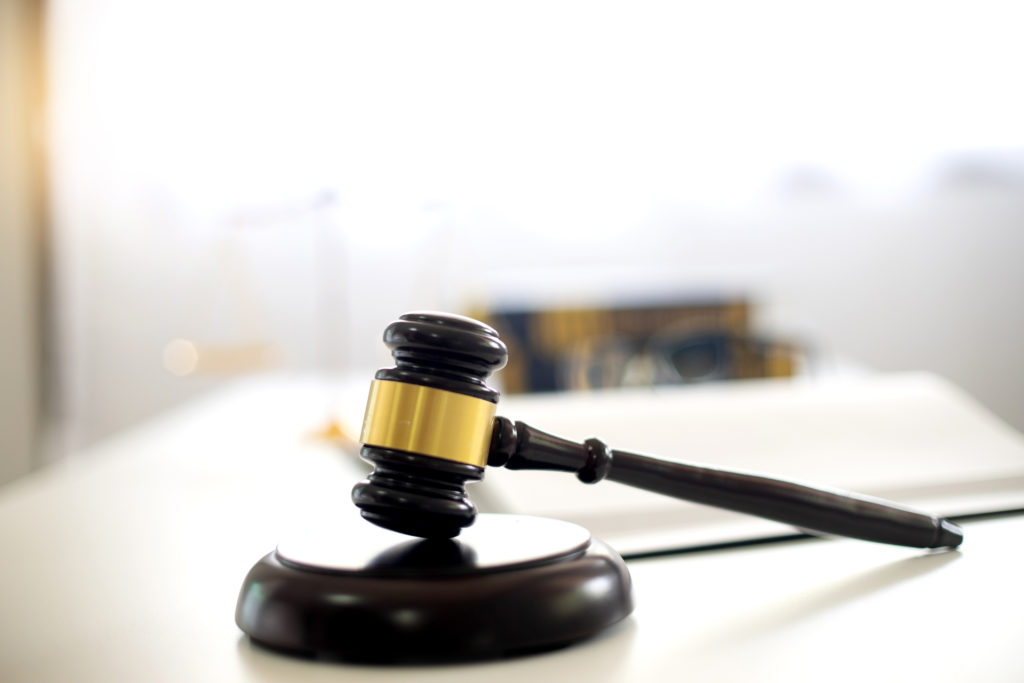Who Will Raise My Children if I Die Without Naming Guardians?
The thing that drives most young parents to plan to make a will is not their stuff, but who will take care of our minor children if the unthinkable happens. Naturally, we all want our children to get as much of our assets as we possibly can give them, but that’s not what wakes us up in a panic.
The good news is that most of us will be around to see our children grow and have children of their own. But this is not always the case. Sometimes, accidents happen. And if you don’t make the decision about who should raise your children if you and their other parent dies, a judge who doesn’t know you or what’s important to you will make that decision in your place.

Statutory Guidelines For Appointment of a Guardian
If a child becomes an orphan and a parent has not designated a guardian, the court will appoint a guardian based on the following statutory guidelines:
- The court will appoint a grandparent. If the child has more than one living grandparent, then the court will make a decision about who would be most suitable considering what the court deems to be in the best interests of the minor child.
- If no grandparents are alive or are willing or able to care for the child, then the court will appoint the nearest relative as guardian. If the child has two or more relatives that are of the same degree of relationship to the child, then the court will appoint the person it believes is most qualified to serve as guardian, considering the best interests of the child.
- If the child has no relatives, or none are willing or able to care for the child, then the court will appoint another qualified person to serve as guardian.
People Disqualified from Serving as Guardian
Section 1104.103 of the Estates Code provides that a court “shall appoint” the person designated in the Will or declaration to serve as guardian in preference to any other person otherwise entitled to serve unless the court finds that the person designated as guardian is disqualified, is deceased, or refuses to serve.
To read about what disqualifies a guardian, read: People Ineligible to be Appointed as Guardian.
How Guidelines May Sometimes Be Problematic
The statutory guidelines assume that the deceased parents would have chosen relatives to care for their children. While this is typically the case, the guidelines can pose a problem in some situations. For example:
- The extended family of the child’s parents may not get along and may disagree about who should care for the child. This may result in a legal battle over guardianship.
- There may be a family member who you would not want to raise your children under any circumstances. If you do not specifically disqualify that family member, a court may award them custody of your children.
- Perhaps you would prefer that a close family friend serve as guardians instead of certain family members. If you don’t take the steps necessary to legally name a guardian, you lose your opportunity to make your wishes known.
The decision of who will be your children’s guardian is too important to leave in the hands of someone who doesn’t know you, your children, or the values that are important to you. You know your children better than anyone. You are in the best position to make the decisions that will affect their lives.
Photo courtesy of Free Stock photos by Vecteezy.
This article was originally published on May 16, 2011 and updated on November 2, 2023.


Comments